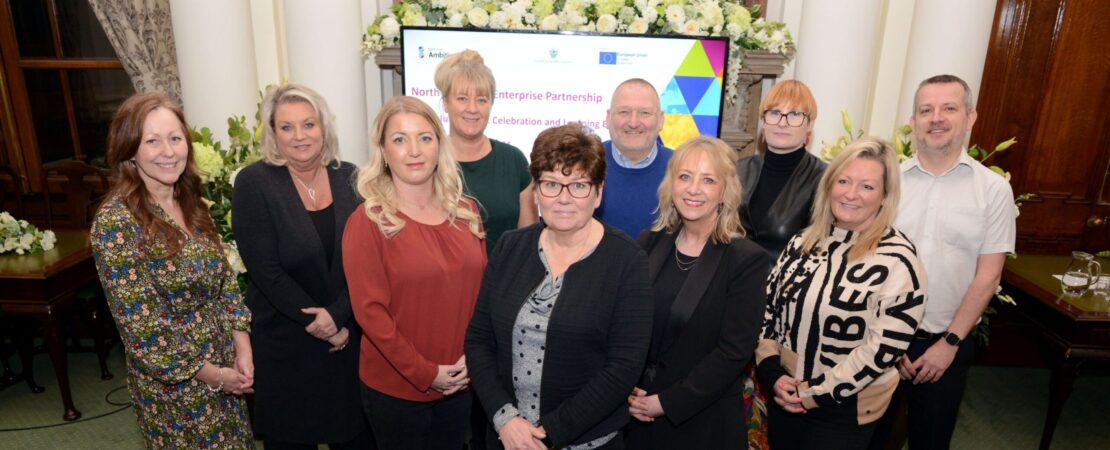
Mentoring project tackles barriers to youth employment
A ground-breaking initiative aimed at shaping brighter futures for young people in South Tyneside has boosted skills and reshaped employer perspectives.
The Mentoring Project was launched to help young people involved with the Youth Justice Service (YJS) to raise their aspirations.
The pilot, led by the North East Local Enterprise Partnership (LEP), matched a group of YJS young people with six employers to provide opportunities to learn about the type of skills and behaviours valued in the workplace and to introduce them to positive employer role models.
The initiative not only refined the mentoring skills of the employers involved but has also provided a deeper understanding of the challenges confronting YJS young people.
An independent review of the pilot has reported benefits for both mentees and mentors, showcasing the project’s significant impact.
According to the review, the Mentoring Project provided mentees, often experiencing their first exposure to work, with practical insights into specific career paths and educational trajectories.
As for the businesses involved, the mentors reported satisfaction in giving back to their communities and broadening their perspectives and skills. They also developed a better understanding of young people’s experience in the context of Youth Justice and thereby broke down some of the barriers around potential stereotypes of young people in contact with YJS.
One of the mentors involved in the pilot, Steve Cumpson Systems Application and Products Basis Manager at Newcastle University IT Service, said: “I had never done anything like this before but the key for me was thinking what if I could even help one person by a small amount, that would be fantastic. I had no expectations going in on whether it would be successful, but this has been one of the best experiences of my life.
“It has just sparked something within me, and it has seemed to work well for me and for my mentee. The feedback has been amazing and quite humbling, and the impact also on my mentee has been special to see. The benefits have been massive and have impacted every part of my life. There is not a single doubt in my mind that I want to continue in this area.”
Other companies involved in the mentoring were Keepmoat, Komatsu, Wates, Goldfinch Estate Agents, and the Port of Tyne.
As a result of the pilot, South Tyneside Council has officially incorporated mentoring into its Business Pledge, offering every business signing up the chance to contribute to this impactful initiative.
A special event was held at South Shields Town Hall to celebrate the success of the pilot project.
Councillor Jane Carter, Lead Member for Education and Skills, said: “This inspirational scheme has absolutely been a win-win for both our young people and employers.
“It has shown just how great an impact can be made when employers are willing to give their time and experience and young people are prepared to learn. By breaking down barriers, this project has helped these young people look forward to a much more positive future.”
Developed by the North East LEP in partnership with South Tyneside Council’s YJS team and with funding by the Careers and Enterprise Company (CEC), the Mentoring Project saw local employers work intensively with the young people over a year.
Michelle Rainbow, Skills Director for the North East Local Enterprise Partnership, said: “We are delighted to have supported The Mentoring Project, which bridged the gap that young people in contact with Youth Justice Service experience when exploring future career pathways.
“The work done so far has begun to dismantle the barriers between YJS young people and employers, contributing to destigmatising this group by fostering greater understanding of their histories and circumstances.”
Ian Buckingham, Strategic Consulting Partner at Mosaic Partners, who delivered part of the training in the project, said: “We have been able to cultivate some exceptional, values-driven mentors from several working generations; develop a toolkit and upskilling approach that now serves as a model for future projects and, most importantly, there have been some excellent early wins and outcomes for several of the participants to help them re-connect with their potential and the wider world of work.”
Ends
